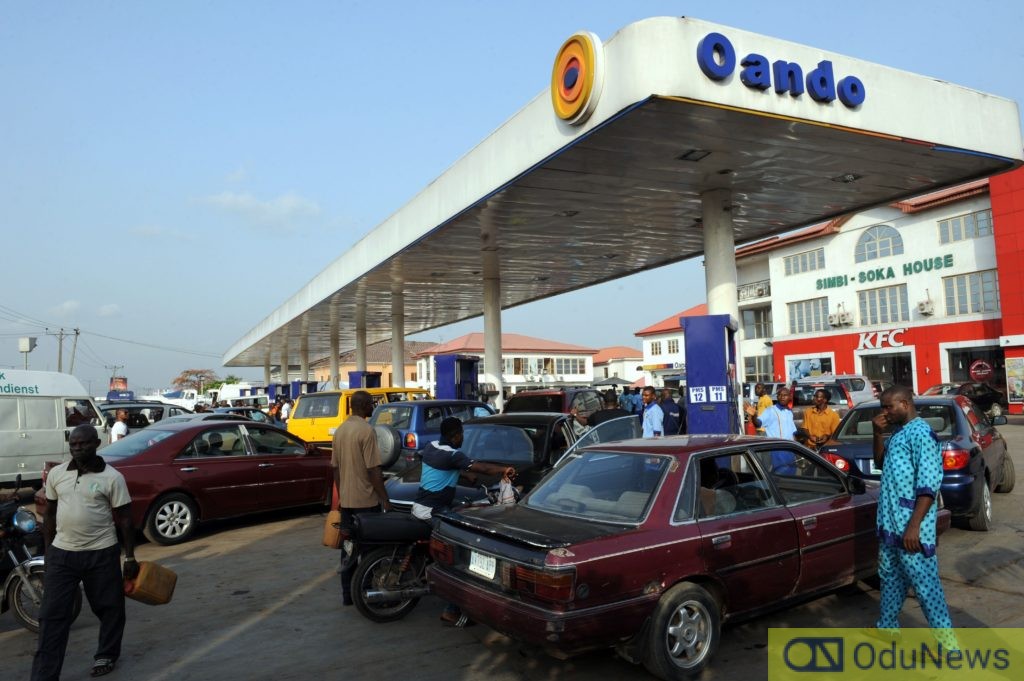The Nigerian Coalition of Civil Society Organizations (NICOCSO) staged a protest at the National Assembly on Thursday, denouncing the Nigerian National Petroleum Company Limited’s (NNPCL) decision to import 1.6 billion litres of Premium Motor Spirit (PMS), commonly known as petrol. The coalition labeled the move as a betrayal of Nigerians and a severe threat to the country’s economic stability.
Concerns Over Economic Impact
Kennedy Tabuko, spokesperson for NICOCSO, criticized the large-scale importation, describing it as an act of economic sabotage. He warned that the decision would drain Nigeria’s already fragile foreign exchange reserves, further weaken the naira, and exacerbate inflation.
“A weakened currency means higher prices for goods and services, making daily life more difficult for ordinary Nigerians,” Tabuko said.
He argued that NNPCL’s reliance on fuel imports undermines the nation’s goal of energy self-sufficiency and stifles local economic growth. “How can a nation blessed with abundant crude oil rely on imports that damage cars and destroy livelihoods?” Tabuko questioned.
Call for Refinery Accountability
NICOCSO expressed frustration over the government’s failure to operationalize the country’s refineries despite significant expenditures. Tabuko highlighted that over $20 billion allocated for refinery repairs since 2007 has yielded no tangible results.
“Where is the $20 billion allocated for refinery repairs? Why are our refineries still inactive after nearly two decades?” he asked, demanding a detailed explanation from the NNPCL and the government.
The coalition also called for the promotion of private investments in local refining to reduce dependency on imports and foster competition in the petroleum sector.
Demands for Government Action
NICOCSO presented a list of demands, urging President Bola Ahmed Tinubu to:
- Halt the importation of PMS.
- Investigate the procurement process behind the fuel imports.
- Replace NNPCL officials involved in what the group described as “poor decision-making.”
- Provide clear schedules for the activation of Nigeria’s three main refineries.
“This is not just about fuel; it’s about trust. Nigerians need leadership that prioritizes their interests. We cannot continue down this path of waste and dependency. This importation is a betrayal of the Nigerian people,” Tabuko said.



Comments are closed.